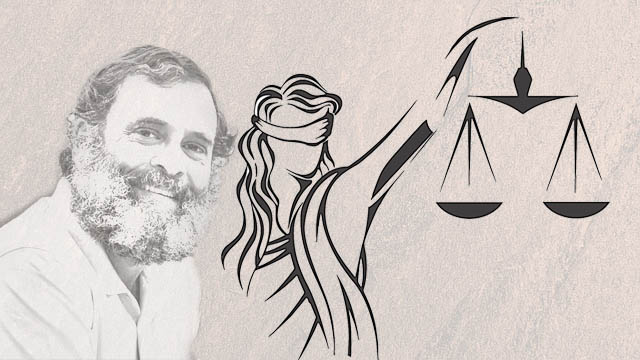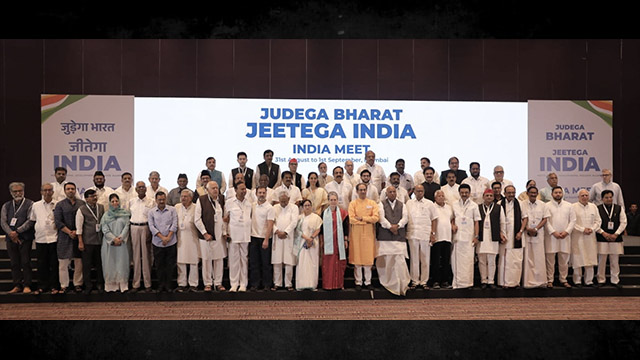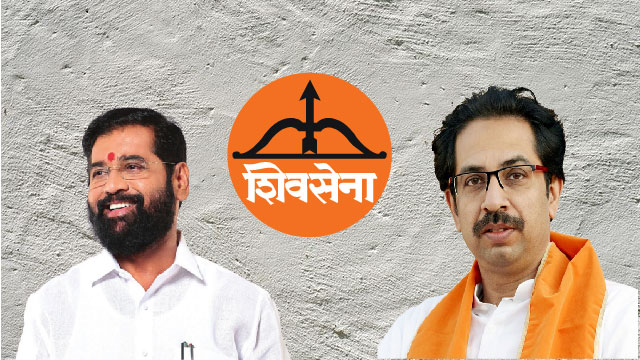The Maharashtra political crisis took a riveting turn on Tuesday, February 28th, as the Supreme Court asked the Shinde faction to show its political majority, not the legislative one. The five-judge constitution bench of the apex court consisting of Chief Justice of India DY Chandrachud, Justices MR Shah, Krishna Murari, Hima Kohli and PS Narasimha, has been hearing the case apropos of the internal rift of Maharashtra Shiv Sena since February 23rd.
Senior advocates Abhishek Manu Singhvi and Devadatt Kamat argued on behalf of the Uddhav group. Last week senior advocate and Congress leader Kapil Sibal argued for the Uddhav faction.
Taking a cue from last week’s argument made by Sibal, Singhvi argued that the interim order passed by the SC on June 27th 2022, was against the judgement in Kihoto Hollohan vs Zachillhu which prohibited interim judicial interventions in the tenth schedule (of the Indian constitution) matters. In that order, the SC extended the time till July 12th for rebel Shiv Sena MLAs to respond to the deputy speaker’s disqualification notice.
Singhvi and Kamat also argued that the governor of Maharashtra, should not have recognised the split within the Shiv Sena as the matter pertaining to the disqualification of the MLAs was sub judice. Singhvi also said that the court should restore the status quo ante before June 27th 2022.
Senior advocate NK Kaul, appearing for the Shinde faction, on the other hand, told the court that rival leaders had no faith in the ministry any longer.
The CJI remarked that the floor test defeated the basis and purpose of the tenth schedule as the antecedent reason for the floor test was itself based on the violation of the tenth schedule. The bench also said that the governor’s intervention in the sitting house was constitutionally extraneous.




